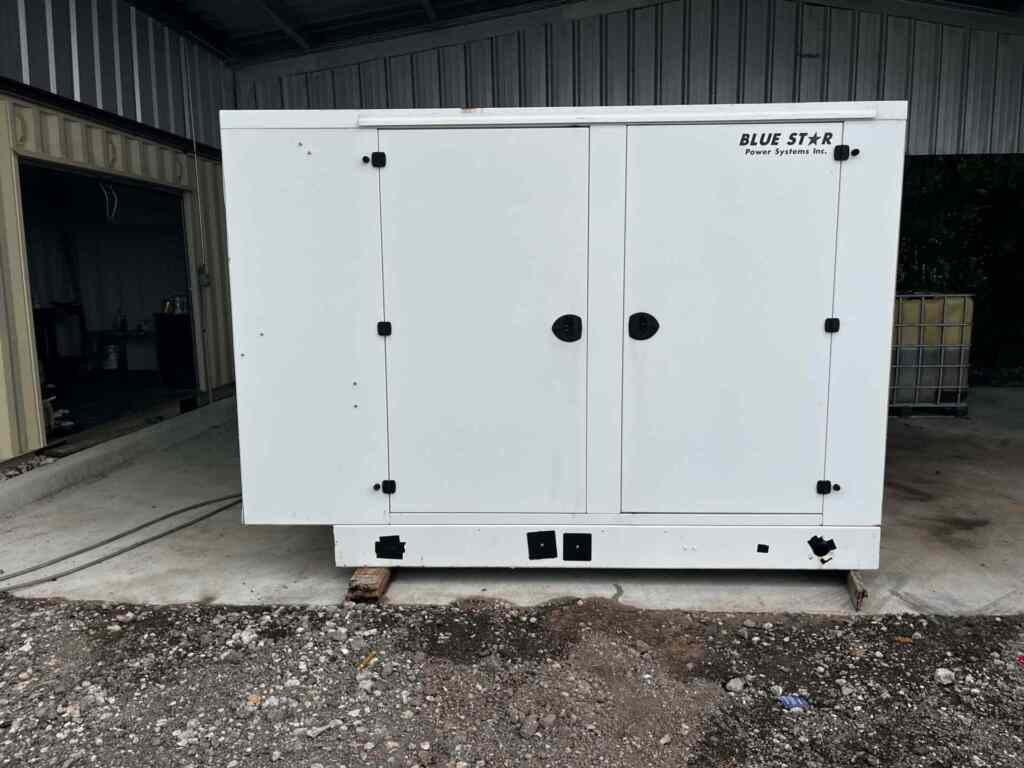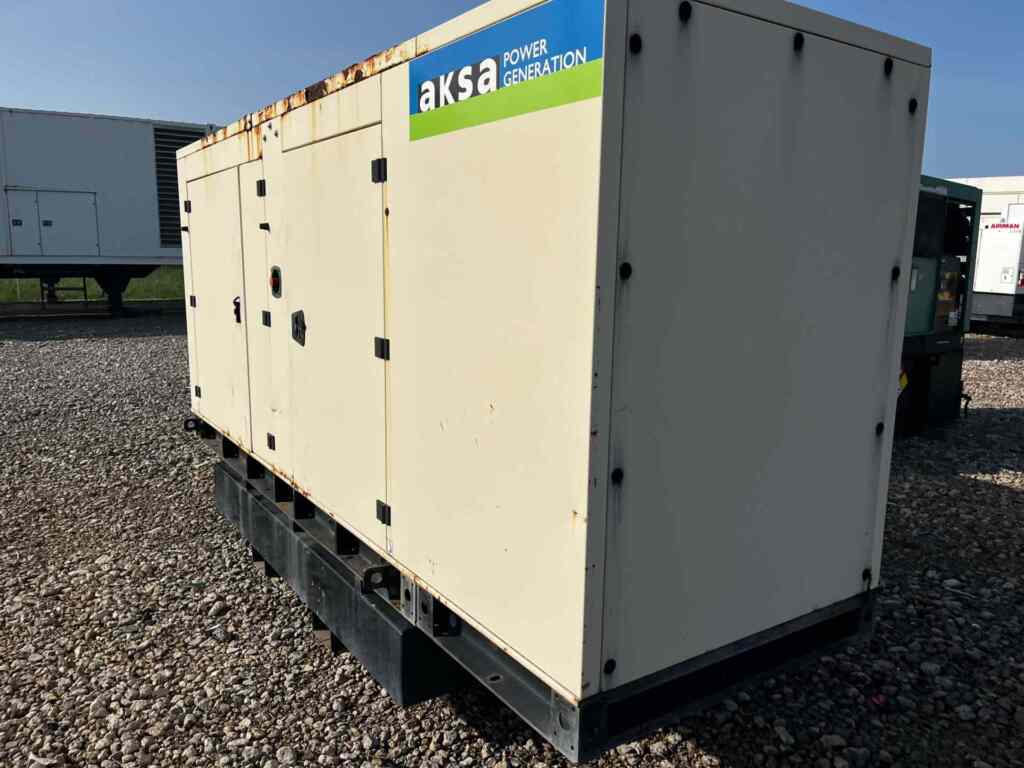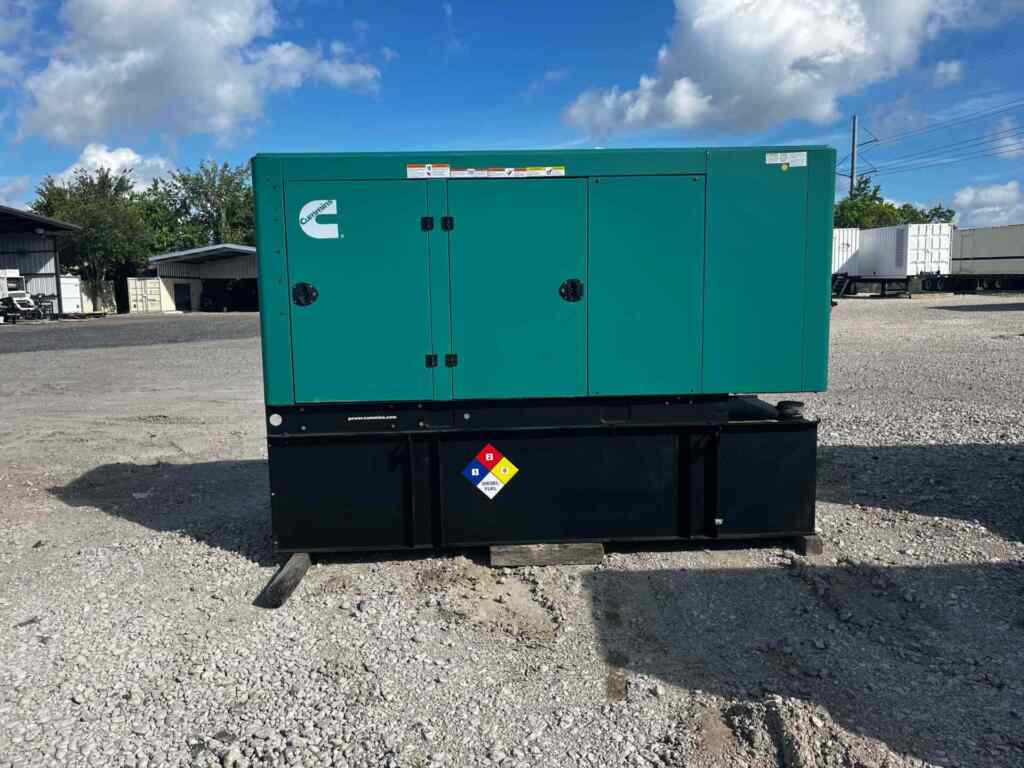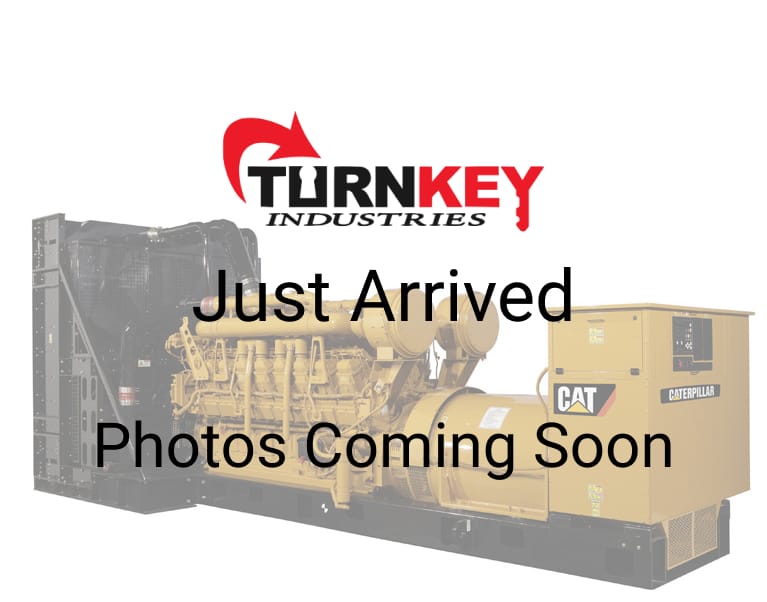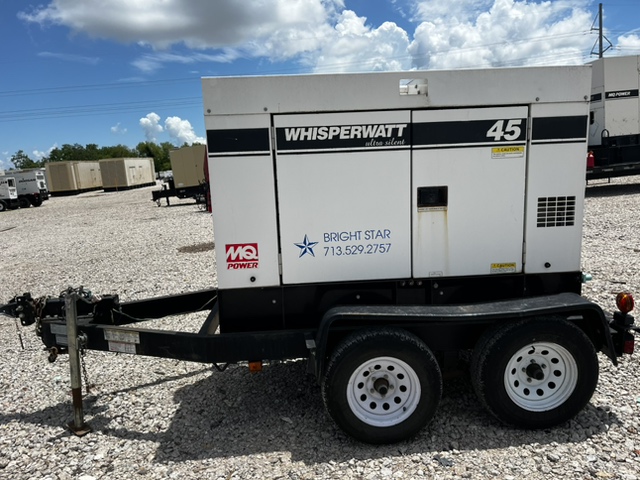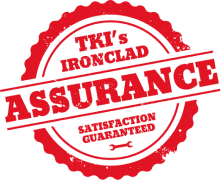Many companies in the industrial sector opt to invest in commercial generators due to their numerous benefits and reliability during natural disasters and power outages. But, before acquiring your own, even a used generator, you may be wondering what the life expectancy of industrial generators are?
Discover more on the longevity of backup power units by continuing below.
General Life Expectancy
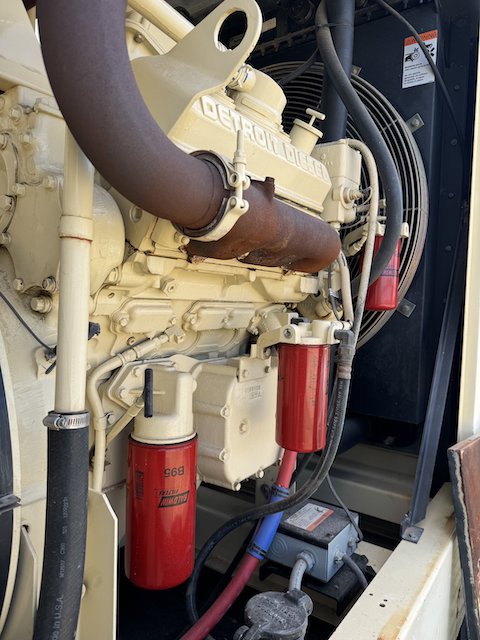 The life expectancy of an industrial generator typically ranges from 10,000 to 30,000 hours, depending on factors such as maintenance, load usage, and operating conditions.
The life expectancy of an industrial generator typically ranges from 10,000 to 30,000 hours, depending on factors such as maintenance, load usage, and operating conditions.“How long do diesel generators last?” This question often arises among individuals and businesses evaluating the longevity and reliability of diesel-powered backup systems. Diesel generators are renowned for their robustness and durability, capable of enduring years of continuous operation with proper maintenance. On average, a well-maintained diesel generator can last anywhere from 10,000 to 30,000 hours of runtime before major overhauls or replacements are necessary. However, factors such as usage patterns, environmental conditions, and maintenance practices can significantly influence the lifespan of a diesel generator. Regular servicing, timely repairs, and adherence to manufacturer guidelines are essential in maximizing the lifespan and efficiency of these vital power sources. Additionally, advancements in technology and engineering continue to enhance the durability and efficiency of diesel generators, ensuring they remain reliable assets for critical power needs.
An industrial generator can last from 20,000 to 40,000 hours of use, equating to approximately 20 to 25 years of operation.
However, it would help to note that machinery that runs constantly may reach usage marks sooner than those used solely for emergencies.
Contributing Factors
A generator’s life expectancy may also depend on how you use it over time. You’ll want to consider the following types of usage: regular maintenance, the quality of fuel used, and whether it serves as an industrial backup generator, which may require a higher level of robustness and reliability due to its role in providing emergency power during outages.
Overuse
You can expect a shorter life expectancy if you run an industrial generator at its maximum power limit at all hours. Constantly used machinery working hard with few breaks in between can see earlier wear and tear.
Underuse
Conversely, a commercial generator not seeing enough usage can worsen its life expectancy. Due to its inactivity, the machine will have to produce more friction during its operation, resulting in rapid changes that can negatively impact the system.
How To Extend an Industrial Generator’s Life Expectancy
To reap the benefits of commercial generators and elongate their life expectancy, you’ll want to know how to best care for them to ensure yours works when needed.
Regularly Check Oil Levels
Regularly conducting oil level checks and changes in your generator can help establish optimal function. Without oil, your generator’s components won’t have enough lubrication to avoid damage during movement.
Consider inspecting oil levels every few weeks and using a dipstick to measure and assess oil cleanliness.
Use High-Quality Fluids
Industrial generators can operate at their best when in use. Low-quality fuel can cause clogging and buildup in the generator’s carburetor, resulting in a required placement if left untreated for extended periods.
Combat unnecessary repairs by opting for high-quality fluids and avoiding degradation.
Conduct Regular Load Bank Testing
During a load bank test, artificial loads can bring your generator’s engine to a set operating temperature and internal pressure. This testing can help remove carbon buildup from the engine and verify electrical connections.
Load bank testing is also beneficial to prevent wet stacking and identify failing components within a machine.
Avoid Wet Stacking
Wet stacking prevention is crucial to a generator’s longevity and refers to the reaction occurring when unburned fuel leaks into the generator’s exhaust pipes. The fuel leaves a dark, thick substance that damages a generator set, making it inoperable.
To prevent wet stacking, regular maintenance and proper operation of the industrial backup generator are essential. Ensuring the generator operates at its optimum load capacity helps in burning the fuel efficiently, reducing the likelihood of unburned fuel leaking into the exhaust system. Additionally, scheduling routine inspections and cleaning of the exhaust pipes can help detect any early signs of wet stacking and address them promptly. By implementing these preventative measures, you can extend the lifespan of your industrial backup generator and prevent costly repairs due to wet stacking issues.
Perform Preventative Maintenance
The lifespan of a generator is often measured in operating hours, and it depends on factors such as maintenance, usage, and the quality of components. Regular maintenance and adherence to recommended service intervals can contribute to extending a generator’s lifespan, ensuring optimal performance over the course of its operational hours. For continued optimal functioning, your industrial unit should receive routine maintenance. Inspect oil and coolant levels every week and perform detailed assessments every 6 to 12 months.
With a business to run, it would help to know the life expectancy of industrial generators so you can invest in the best machine to operate in your environment. Explore our range of high-capacity industrial backup generators, engineered to meet the demands of large-scale facilities and businesses. For more information on commercial units, don’t hesitate to contact us on our Turnkey Industries webpage today!
 Turnkey Industries offers a variety of high-capacity
Turnkey Industries offers a variety of high-capacity 